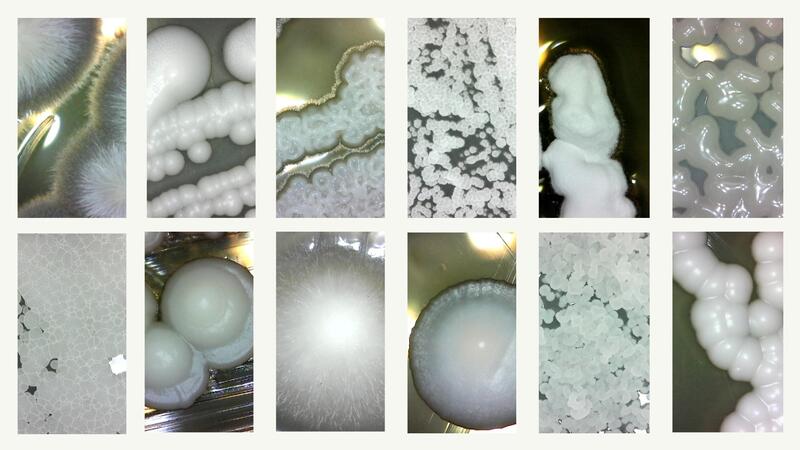News
These Jacks-of-all-trades are masters, too
In a landmark study based on one of the most comprehensive genomic datasets ever assembled, a team led by scientists at the University of Wisconsin–Madison and Vanderbilt University offer a possible answer to one of the oldest questions about evol
Scientists at the Great Lakes Bioenergy Research Center (GLBRC) reported today the discovery of a chemical compound called poacic acid that could eventually be used as a fungicide in both sustainable and conventional farming.
“In high school,” Daniel Amador-Noguez recalls, “I took a science class where one of the lectures was all about the future – where the research was taking us, what were some potential future discoveries – and I thought, ‘oh, all this sounds really cool, so how come it hasn’t happened yet?’”
Whether deconstructing plant material in his own Fort Atkinson High School classroom, or collecting biofuel conversion data in coordination with colleagues in his district, biology teacher Marin Dobson has led the way in integrating his experiences with the Great Lakes Bioenergy Research Center (GLBRC) into a compelling scientific curriculum reaching every student in his department.
Jack Newman, chief science officer at Amyris, Inc. answers GLBRC's questions about his recent Presidential Green Chemistry Award, the future of biofuels, and his thoughts on ethical bioengineering.
By now most of us are accustomed to filling our cars with fuels that are part ethanol, and we know that corn is not only in our tortillas but also in our gas tanks. Great Lakes Bioenergy Research Center (GLBRC) researchers, however, are moving beyond corn and other first-generation biofuel feedstocks in an attempt to fill our tanks with environmentally sustainable biofuels.
MADISON, Wis. – The Great Lakes Bioenergy Research Center (GLBRC), one of three bioenergy research centers established in 2007 by the U.S. Department of Energy (DOE), recently celebrated the filing of its 100th patent application.
Technology package covers unconventional strains for the production of biofuel, renewable chemicals
MADISON, Wis. – Xylome Corporation has signed licensing and equity agreements with the Wisconsin Alumni Research Foundation (WARF) to develop and market unconventional yeasts with the power to transform tough biomass into sustainable fuels and chemicals.
Many people appreciate the benefits of yeast fermentation when they sip a glass of cold beer or bite into a freshly baked baguette.
Bioenergy policies based strictly on economic or energy considerations that lack attention to biodiversity impacts will likely have serious consequences for the conservation of wild bees and their pollination services, according to a newly published scientific journal paper.
Three Great Lakes Bioenergy Research Center (GLBRC) researchers are recipients of project funding from the U.S. Department of Energy and the Department of Agriculture’s Plant Feedstock Genomics for Bioenergy program, which recently awarded $12.6 million to scientific projects aimed at accelerating the use of plant tissue in bioenergy and biofuels.




